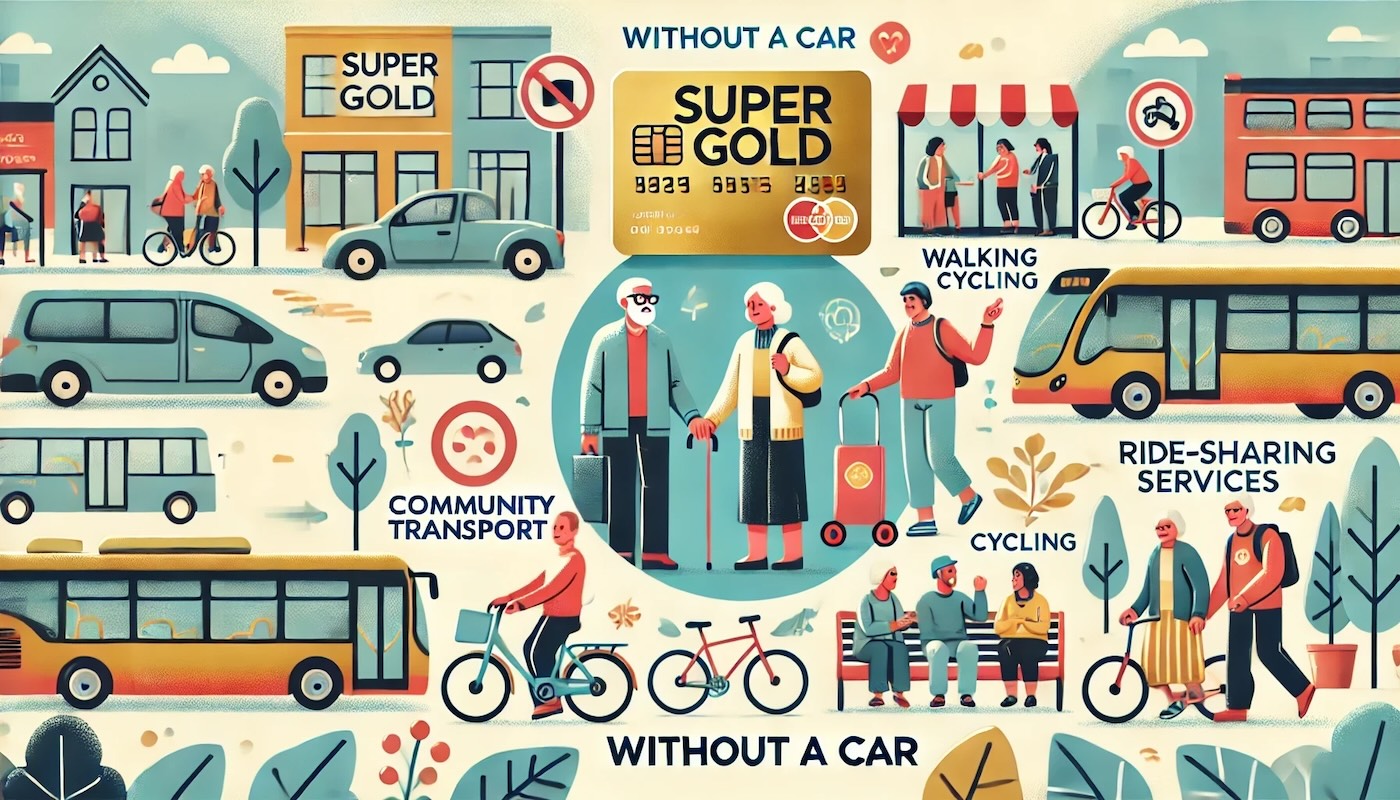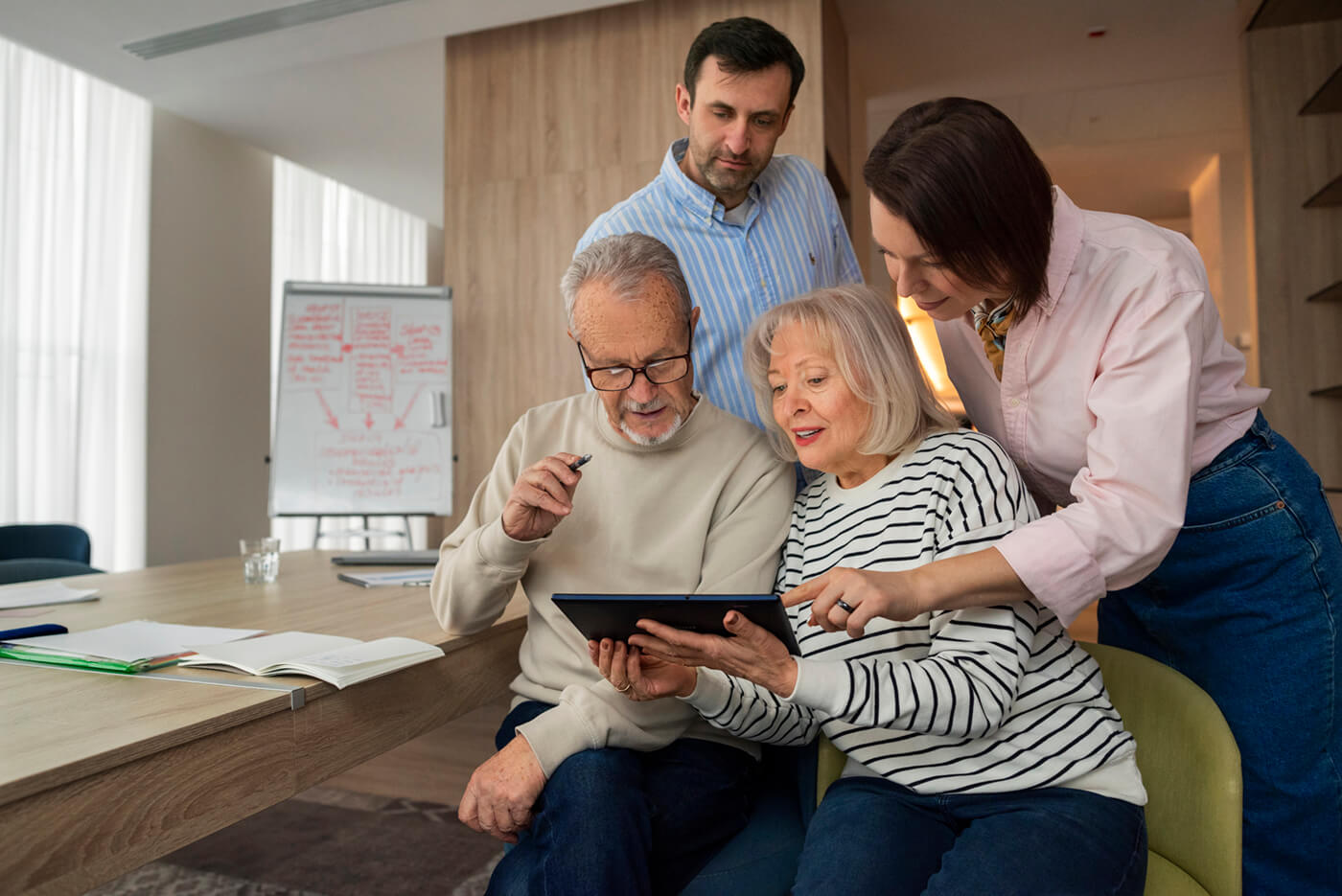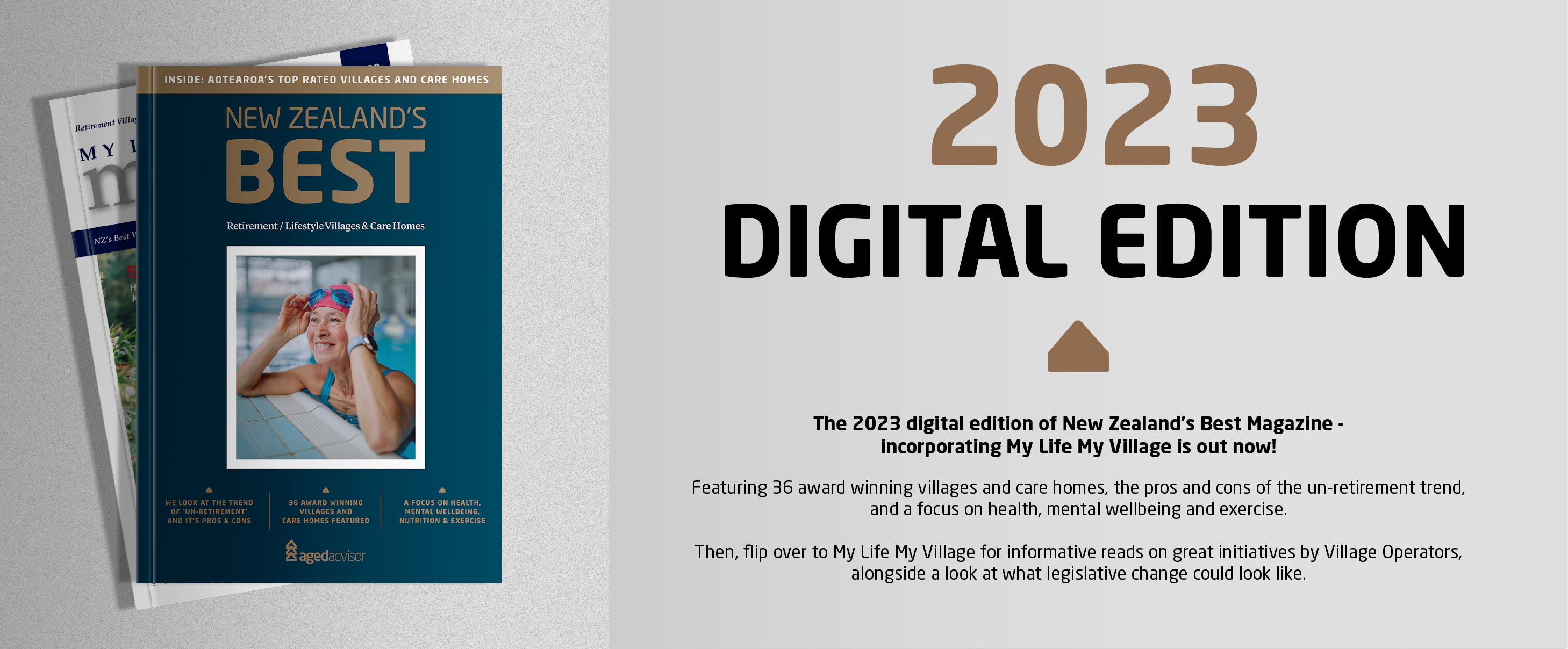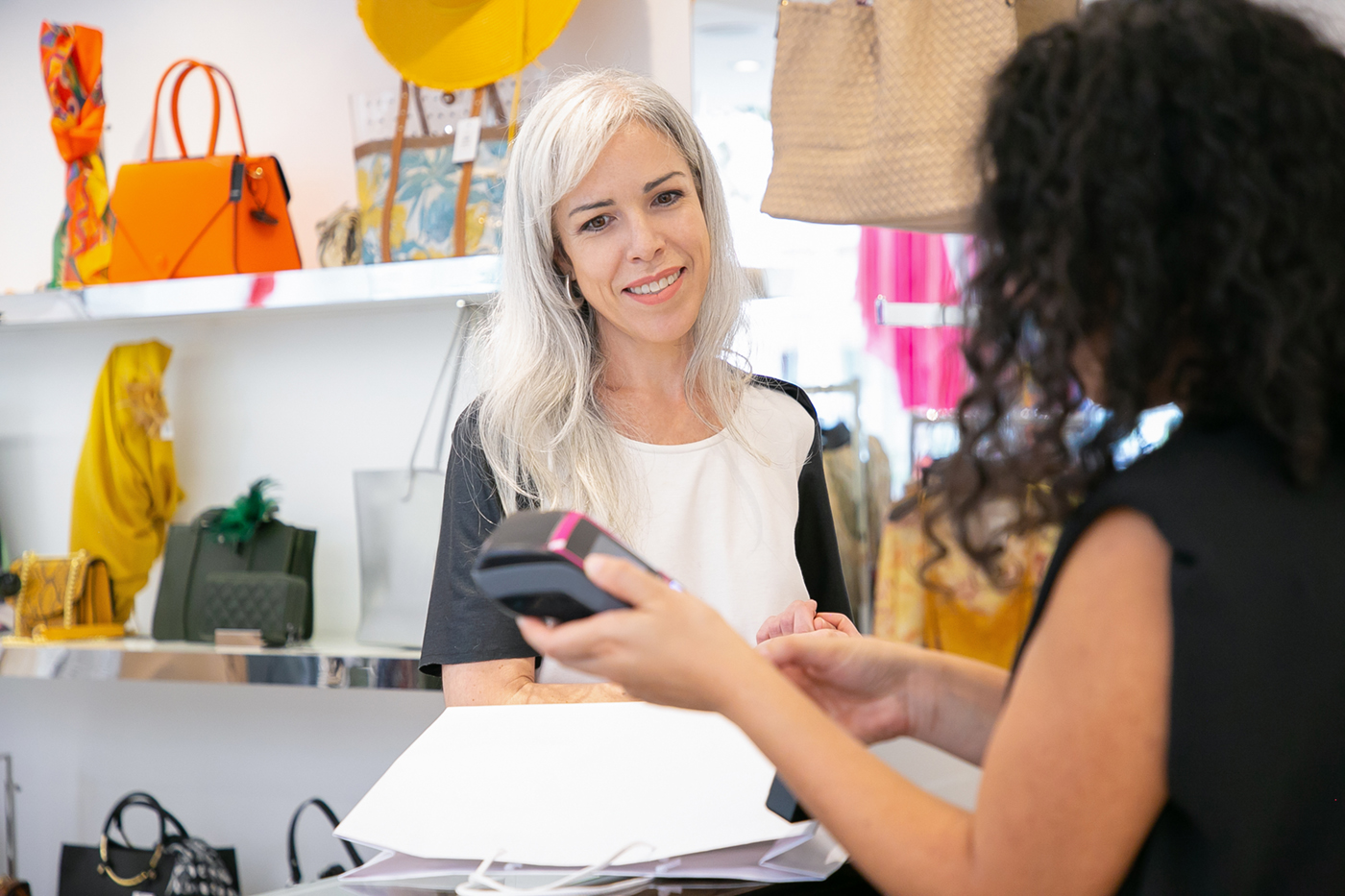
Improve your wellbeing with mindful connection
Posted on : Mar 08, 2024
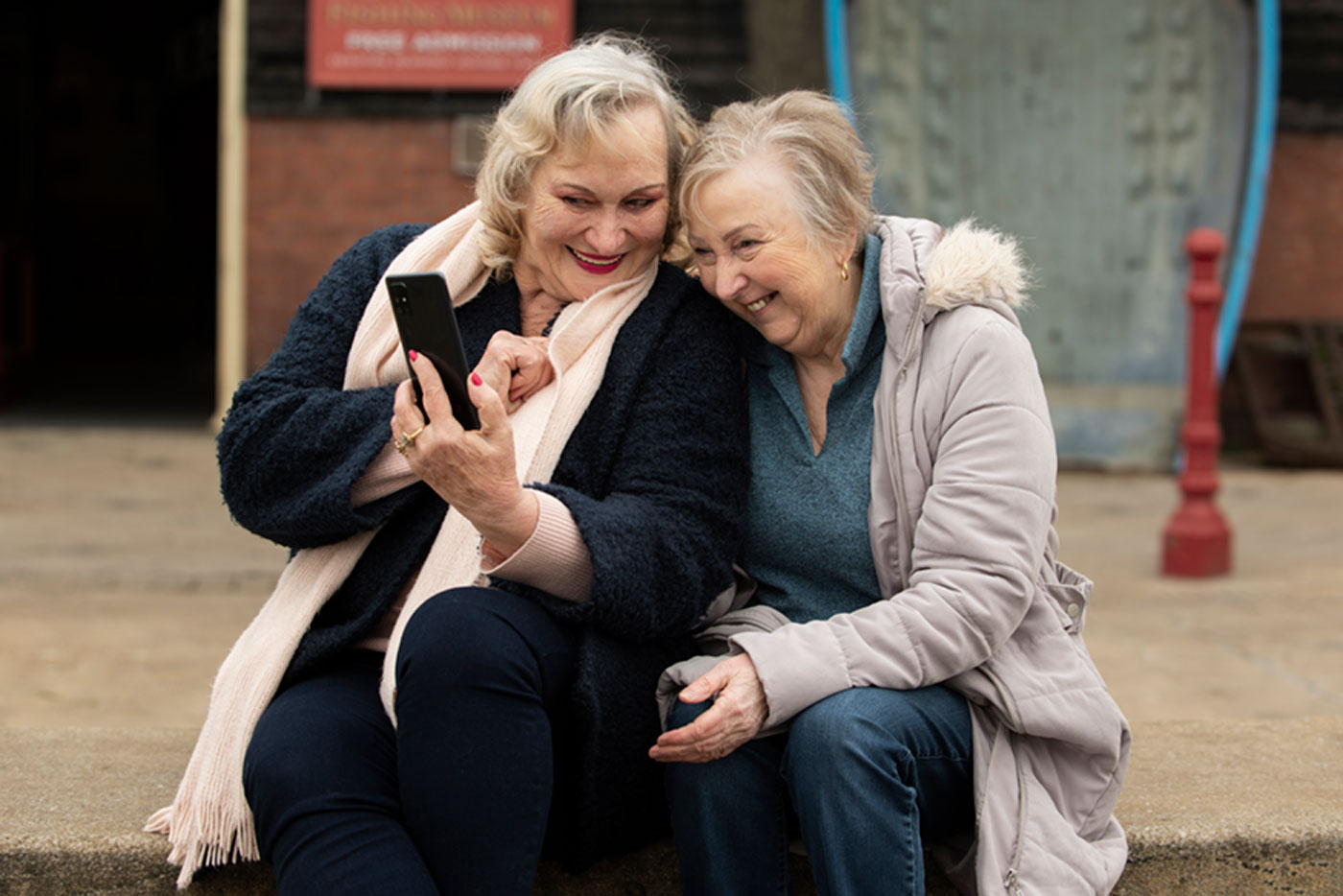
Improve your wellbeing with mindful connection
In today’s digital age, it’s become only too easy to rely on social media and online communities to feel connected to others. But is this type of social interaction truly beneficial for our mental health? Let’s explore the variety of avenues to enjoy being socially active, the benefits socialising can have on our mental health, and how to cultivate a healthy digital community.
What does it mean to be ‘socially active’?
Being socially active means actively engaging with others in social settings, whether in person or online. This can include:
-
Attending social events,
- Joining clubs or organisations,
- Participating in online communities and forums.
It also involves building and maintaining relationships with family, friends, co-workers, and acquaintances. It’s about creating a sense of connection and belonging with others.
The importance of in-person social interaction
While online social interaction has become increasingly popular, it’s important not to overlook the value of in-person social interaction. Face-to-face communication allows for a deeper level of connection and understanding, as it involves non-verbal cues and physical touch. In-person social interaction also provides opportunities for new experiences and personal growth. It allows us to step out of our comfort zones and try new things, which can boost self-confidence and self-esteem.
The benefits of online social interaction
Online social interaction has its own unique benefits. It allows us to connect with others from all over the world, regardless of physical distance. This can be especially beneficial for those who may have limited opportunities for in-person social interaction. Online communities and forums also provide a sense of belonging and support. They can be a safe space for individuals to share their thoughts and feelings, and receive support and advice from others who may be going through similar experiences.
What impact does being socially active have on mental health?
Studies have shown that socialising - both in person and online - can have a positive impact on our mental health by:
- Reducing feelings of isolation and loneliness. One of the biggest benefits of being socially active is that it can reduce feelings of isolation and loneliness. These feelings can have a significant negative impact on our mental health, leading to depression, anxiety, and other mental health issues.
- By actively engaging with others, whether in person or online, we can create a sense of connection and belonging, which combats feelings of isolation and loneliness.
- Boosts self-esteem and confidence. When we engage with others and receive positive feedback and support, it can help us feel more confident in ourselves and our abilities.
- Provide opportunities for personal growth and trying new things, which can boost self-esteem and confidence.
- Providing a strong support system. Being socially active allows us to build and maintain relationships with others who can provide support and understanding during difficult times.
- Online communities and forums can also serve as a support system, providing a safe space for individuals to share their thoughts and feelings and receive support from others who may be going through similar experiences.
- Improving overall well-being. Studies have shown that being socially active can reduce stress, boost mood, and even improve physical health.
- In-person social interaction. This can also provide opportunities for physical activity, such as going for a walk with a friend or participating in a group exercise class. This can have a positive impact on both our physical and mental health.
Cultivating a healthy digital community
While online social interaction can have its benefits, it’s important to cultivate a healthy digital community. Here are some tips for creating a positive and supportive online environment:
- Choose your online communities wisely. Not all online communities are created equal. It’s important to choose communities that align with your values and provide a safe and supportive space for its members.
-
Do your research before joining an online community and make sure it’s a good fit for you. If you find that a community is not meeting your needs or is causing more harm than good, don’t be afraid to leave and find a better fit.
- Be mindful of your interactions. It’s easy to get caught up in the fast-paced world of social media and online communities. But it’s important to be mindful of our online interactions and how they may impact others.
- Be respectful and kind, and avoid engaging in negative or harmful behavior. Remember that there are real people behind the screens, and our words and actions can have a significant impact on their well-being.
- Take Breaks. While social media and online communities can be beneficial, it’s important to take breaks from them as well. Constantly scrolling through social media can lead to feelings of comparison, inadequacy, and even addiction. Set boundaries for yourself and take breaks when needed. Use that time to engage in other activities, such as spending time with loved ones or pursuing a hobby.
Being social both in person and online can reduce feelings of isolation and loneliness, boost self-esteem and confidence, provide a support system, and improve overall well-being. However, it’s important to cultivate a healthy digital community and be mindful of our online interactions. By choosing our online communities wisely, being respectful in our interactions, and taking breaks, we can create a positive and supportive online environment for ourselves and others.



